Sustainable Food Director's Blog

Agriculture secretary oversees programs that help millions afford healthy diets
The most common misconception about the USDA is that it’s mainly focused on supporting farmers and ranchers and conserving agricultural land. These are critical missions, but they represent only a small slice of what the department does.
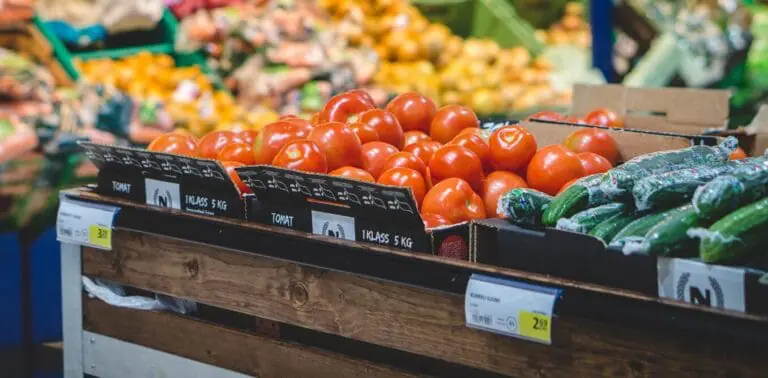
The true cost of food is far higher than what you spend at the checkout counter
There’s more to the cost of food than what we pay at the store. Producing, processing, transporting and marketing food creates costs all along the value chain. Many are borne by society as a whole or by communities and regions.
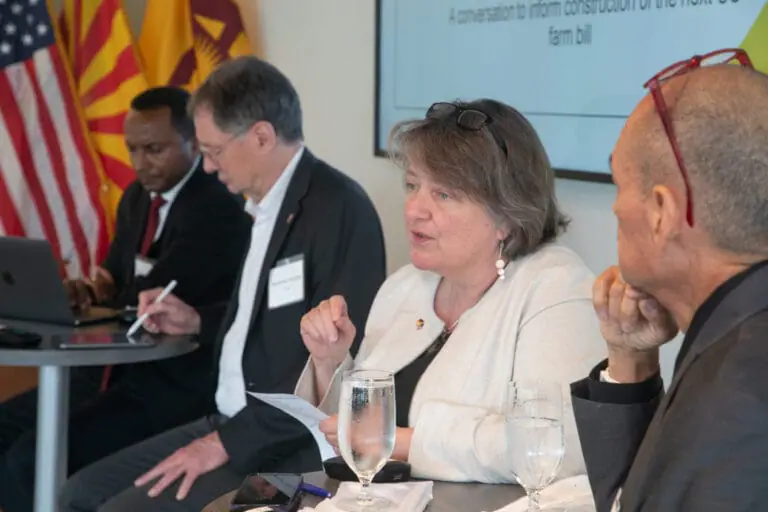
Critical questions to ask and answer about the future of global agriculture
The Swette Center for Sustainable Food Systems, TMG Think Tank for Sustainability, and the German Embassy of Washington, DC, joined together to host an event designed to identify the most pressing questions policymakers must confront as they write the forthcoming US farm bill.
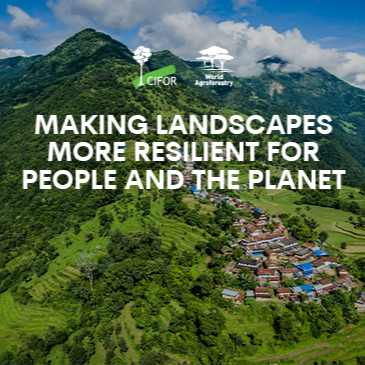
CIFOR-ICRAF is a must-know organization
My students and staff exclaim – she’s off again on an international trip! Indeed. For nearly six years, I’ve been engaged as a member of the board of trustees for CIFOR-ICRAF, an international institution comprised of two merged research centers that together produce much of the world’s knowledge on trees, forests, agroforestry, and sustainable landscapes.
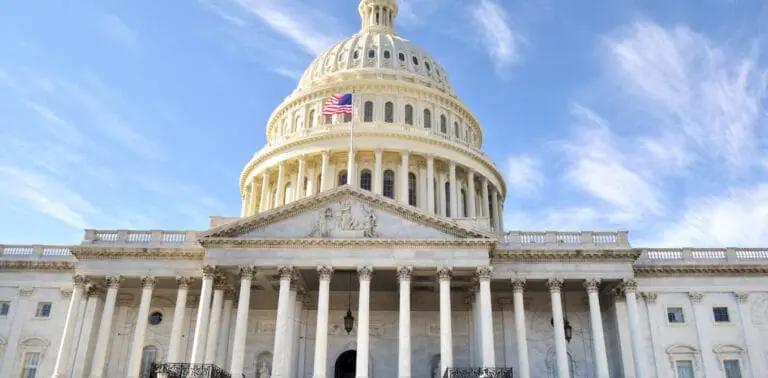
These four challenges will shape the next farm bill – and how the US eats
For the 20th time since 1933, Congress is writing a multiyear farm bill that will shape what kind of food U.S. farmers grow, how they raise it and how it gets to consumers. These measures are large, complex and expensive: The next farm bill is projected to cost taxpayers US$1.5 trillion over 10 years.
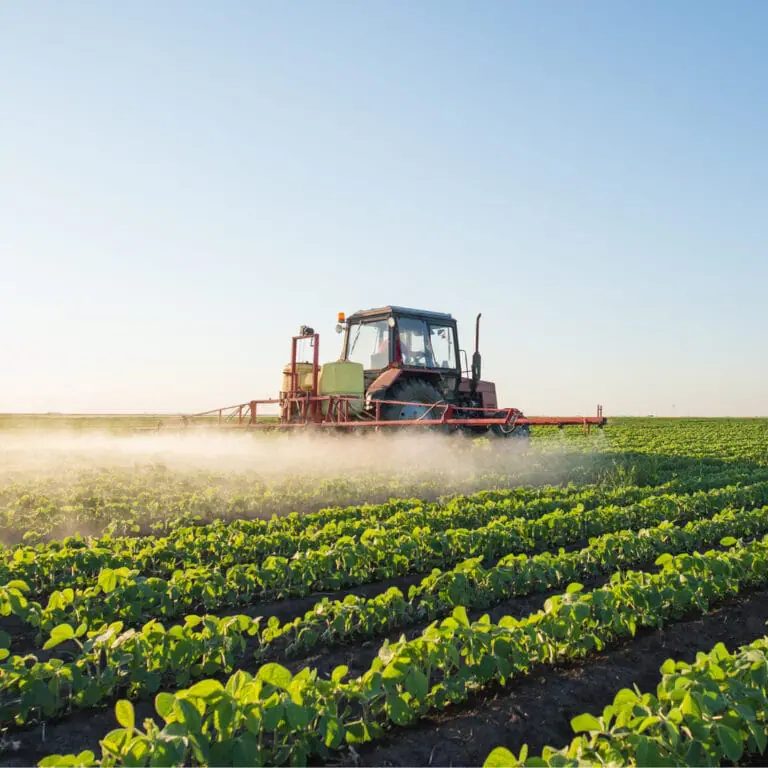
Fertilizer prices are soaring – and that’s an opportunity for sustainability
Producing more synthetic fertilizer should not be the only answer to this serious challenge. The U.S. should also provide support for nature-based solutions, including farming practices that help farmers reduce or forgo synthetic fertilizers, and biological products that substitute for harsher chemical inputs.
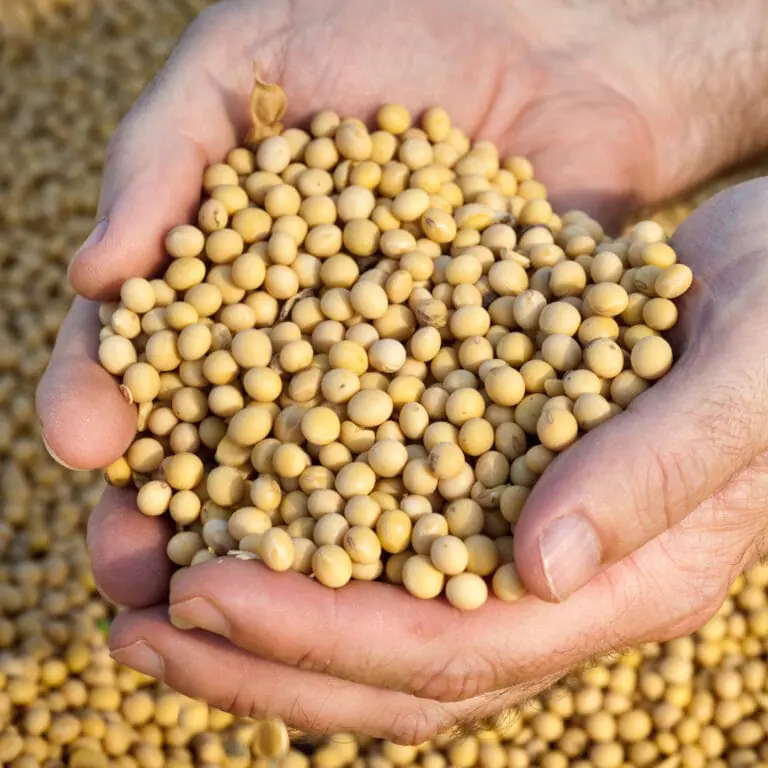
What is bioengineered food? An agriculture expert explains
The U.S. Department of Agriculture defines bioengineered food as food that “contains detectable genetic material that has been modified through certain lab techniques that cannot be created through conventional breeding or found in nature.”
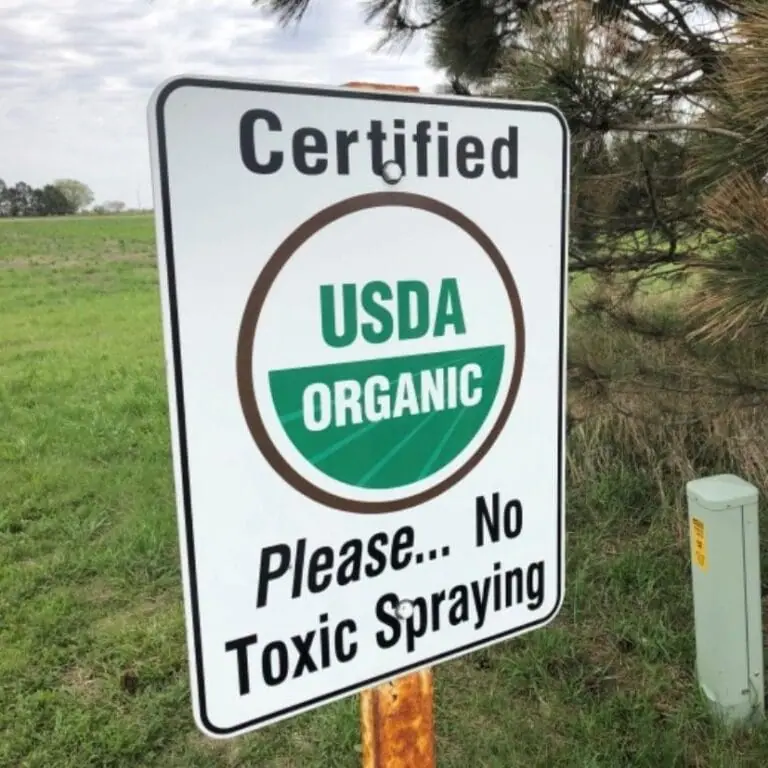
Unlike the US, Europe is setting ambitious targets for producing organic food
President Joe Biden has called for an all-of-government response to climate change that looks for solutions and opportunities in every sector of the U.S. economy. That includes agriculture, which emits over 600 million metric tons of carbon dioxide equivalent every year – more than the total national emissions of the United Kingdom, Australia, France or Italy.
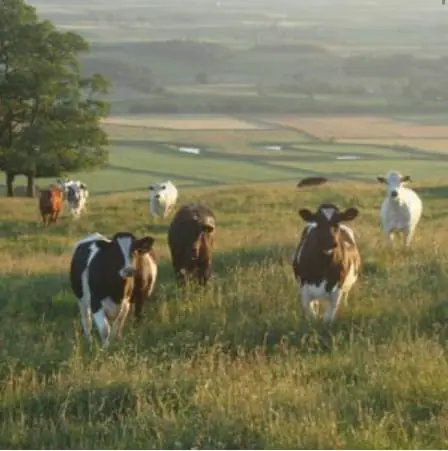
Swette Center comments on USDA meat processing investments
Thank you for the opportunity to submit a comment regarding the investments and opportunities for meat and poultry processing infrastructure. We at the Swette Center for Sustainable Food Systems at Arizona State University applaud the attention to meat processing as a key strategy to build back better.
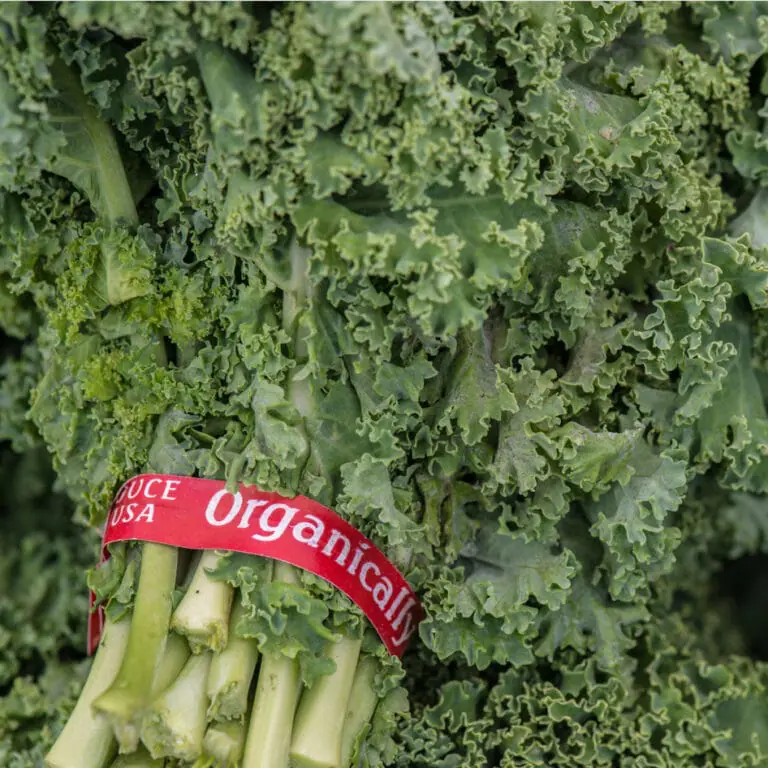
Organic food has become mainstream but still has room to grow
Organic food once was viewed as a niche category for health nuts and hippies, but today it’s a routine choice for millions of Americans. For years following passage of the Organic Foods Production Act of 1990, which established national organic standards, consumers had to seek out organic products at food co-ops and farmers markets.
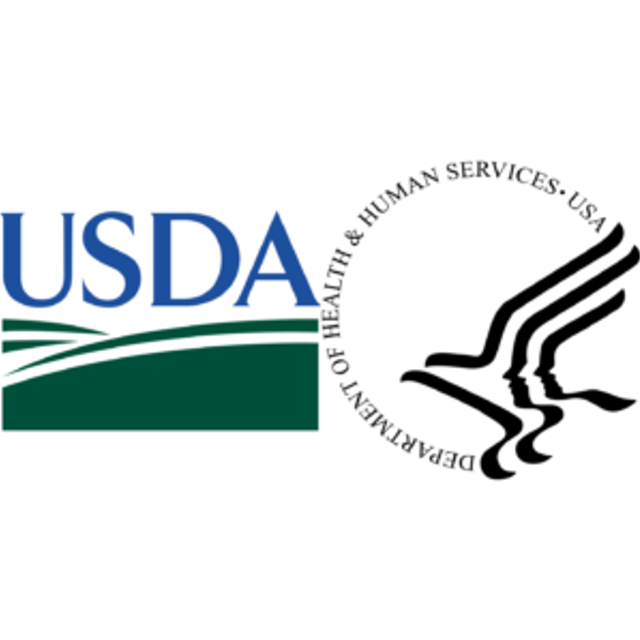
Letter to the Dietary Guidelines Advisory Committee
Today a letter was sent to government leaders charged with developing the next iteration of the DGAs – Dietary Guidelines for Americans, an activity undertaken by the U.S. Department of Agriculture and U.S. Department of Health and Human Services every five years. I am a signatory on this letter and believe that it is past time for sustainability criteria to be integrated into dietary guidance. I will let the letter speak for itself.
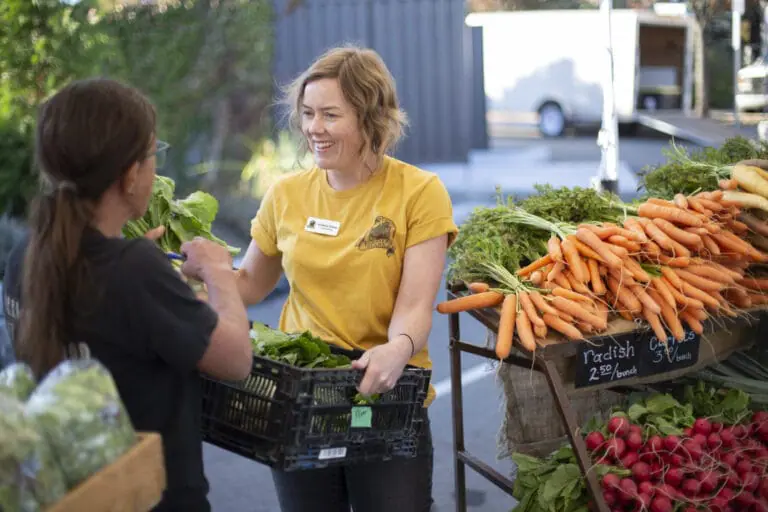
Swette Center selected for Whole Foods Market 5% Day
We’re thrilled to share that on Wednesday, Dec, 4, the brand-new Whole Foods Market Tempe store’s 5% Community Giving Day will benefit the Swette Center for Sustainable Food Systems. The funds will support our inaugural food policy and sustainability leadership class tour across Arizona.